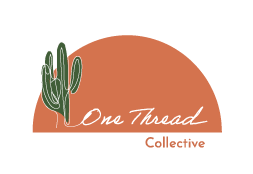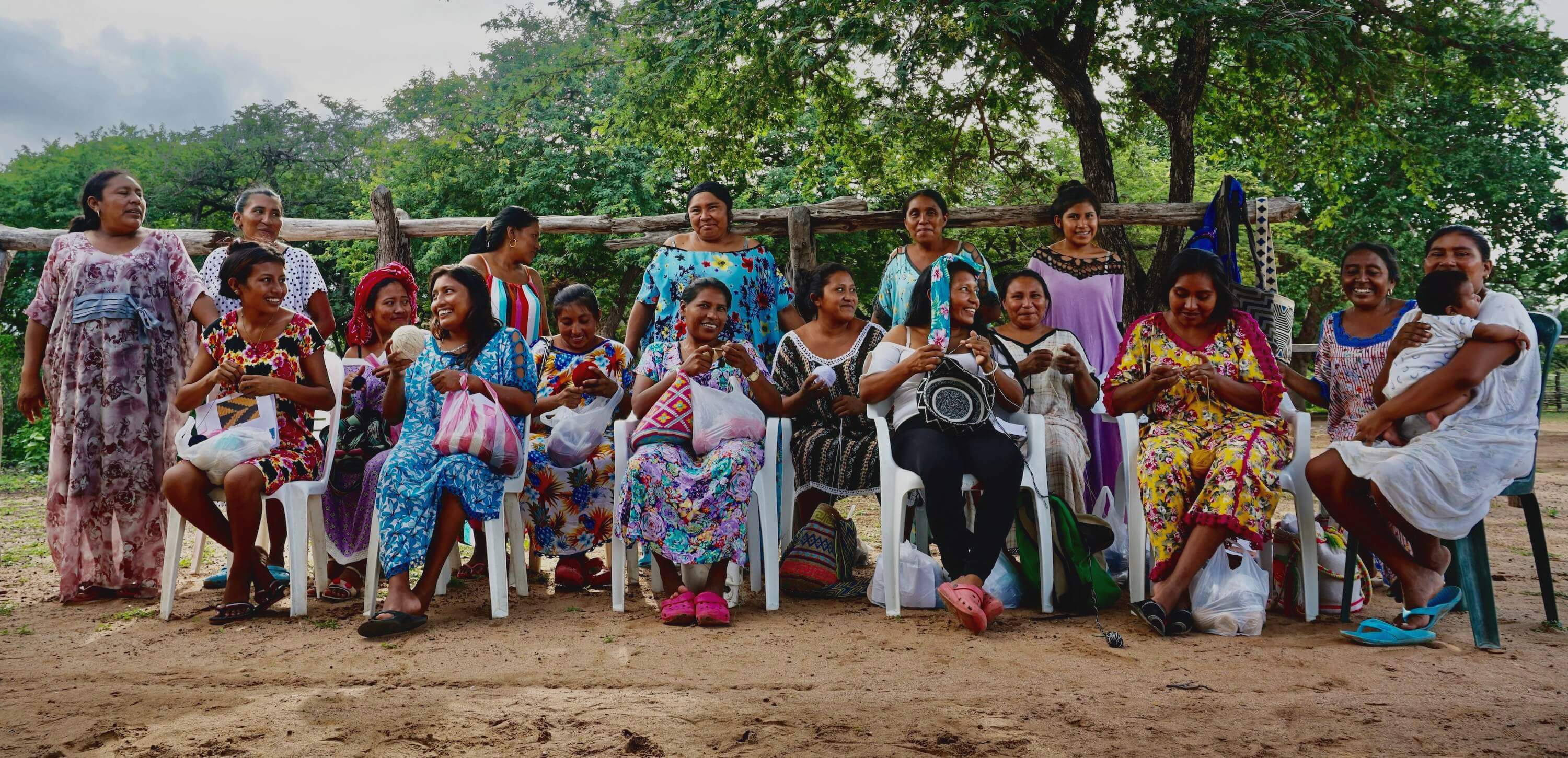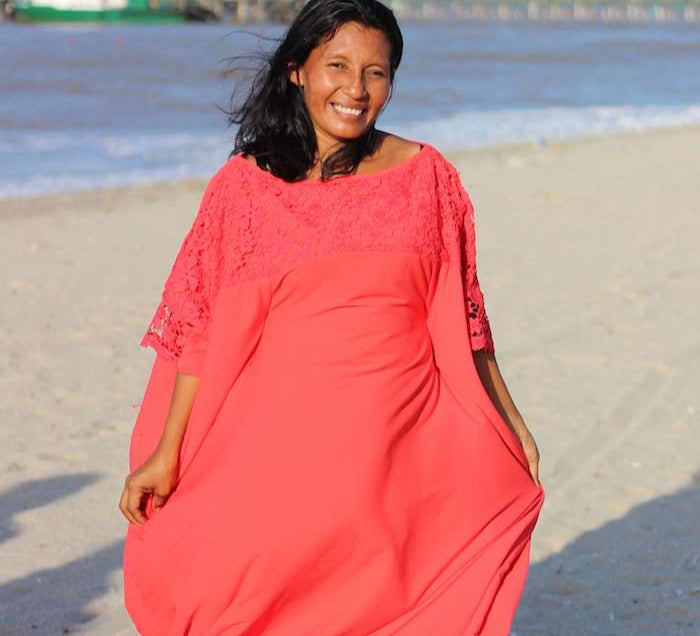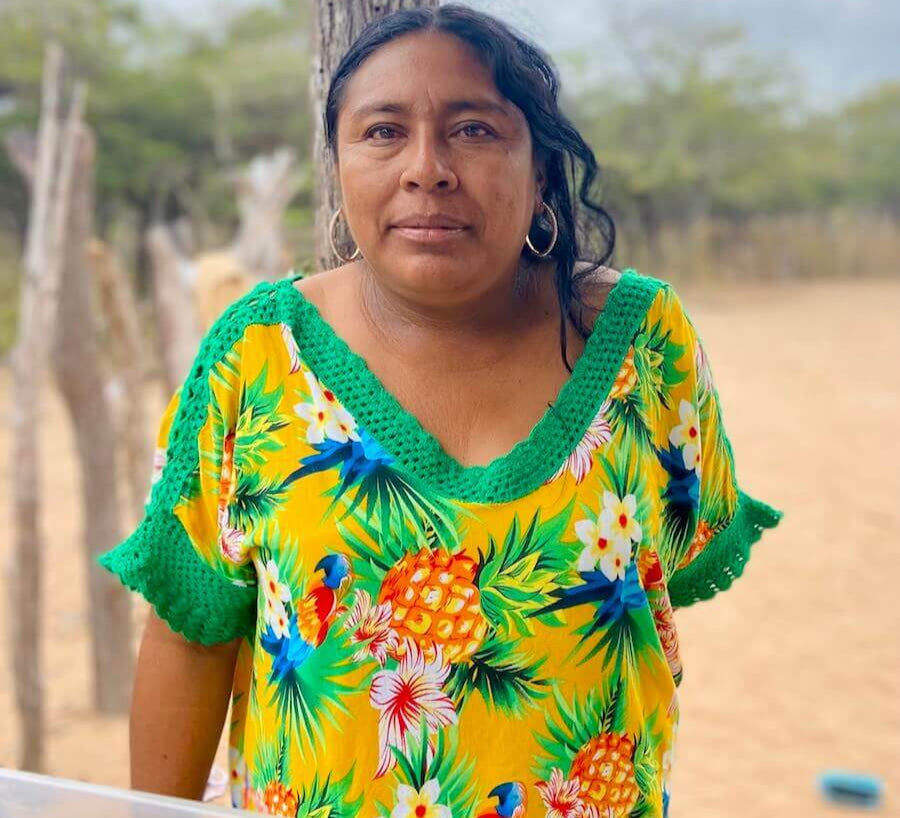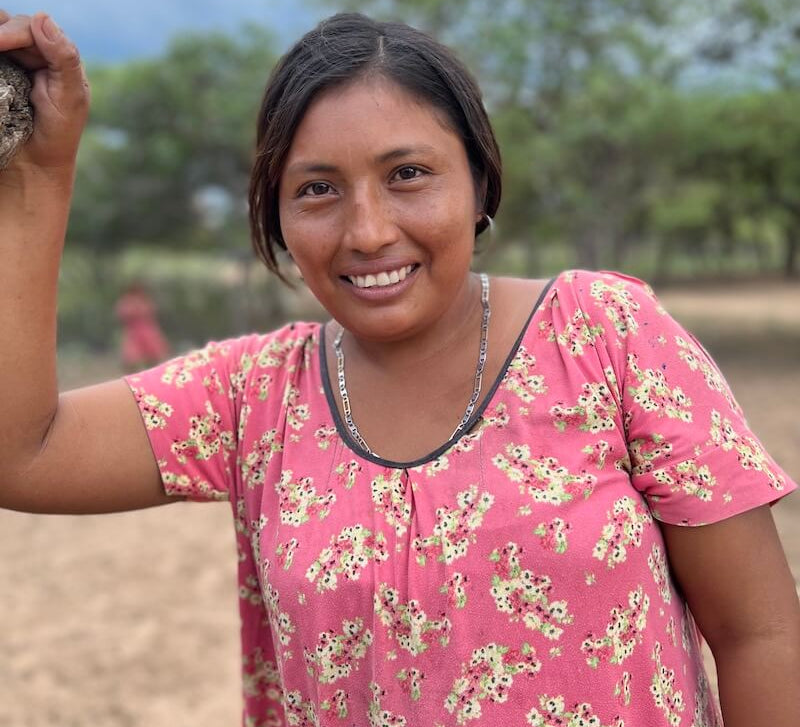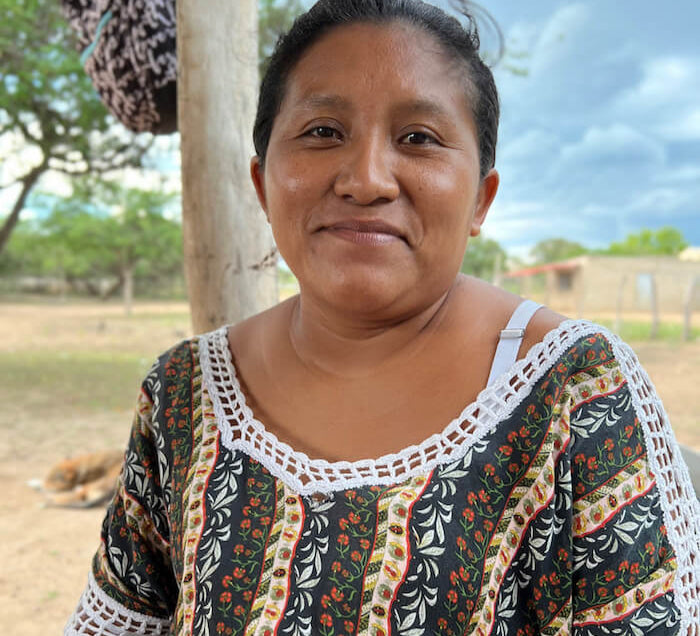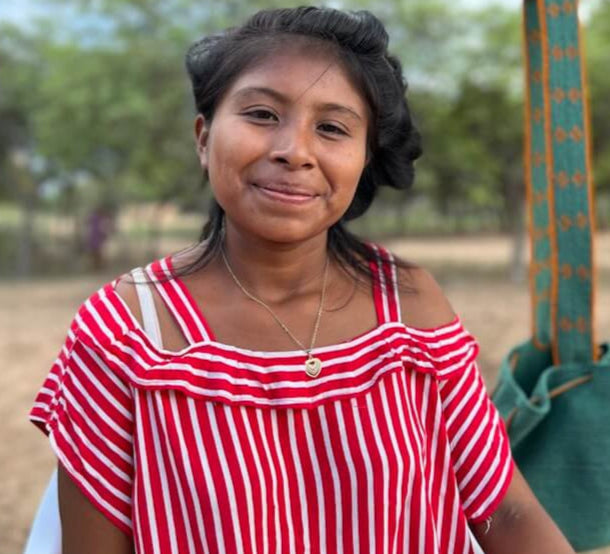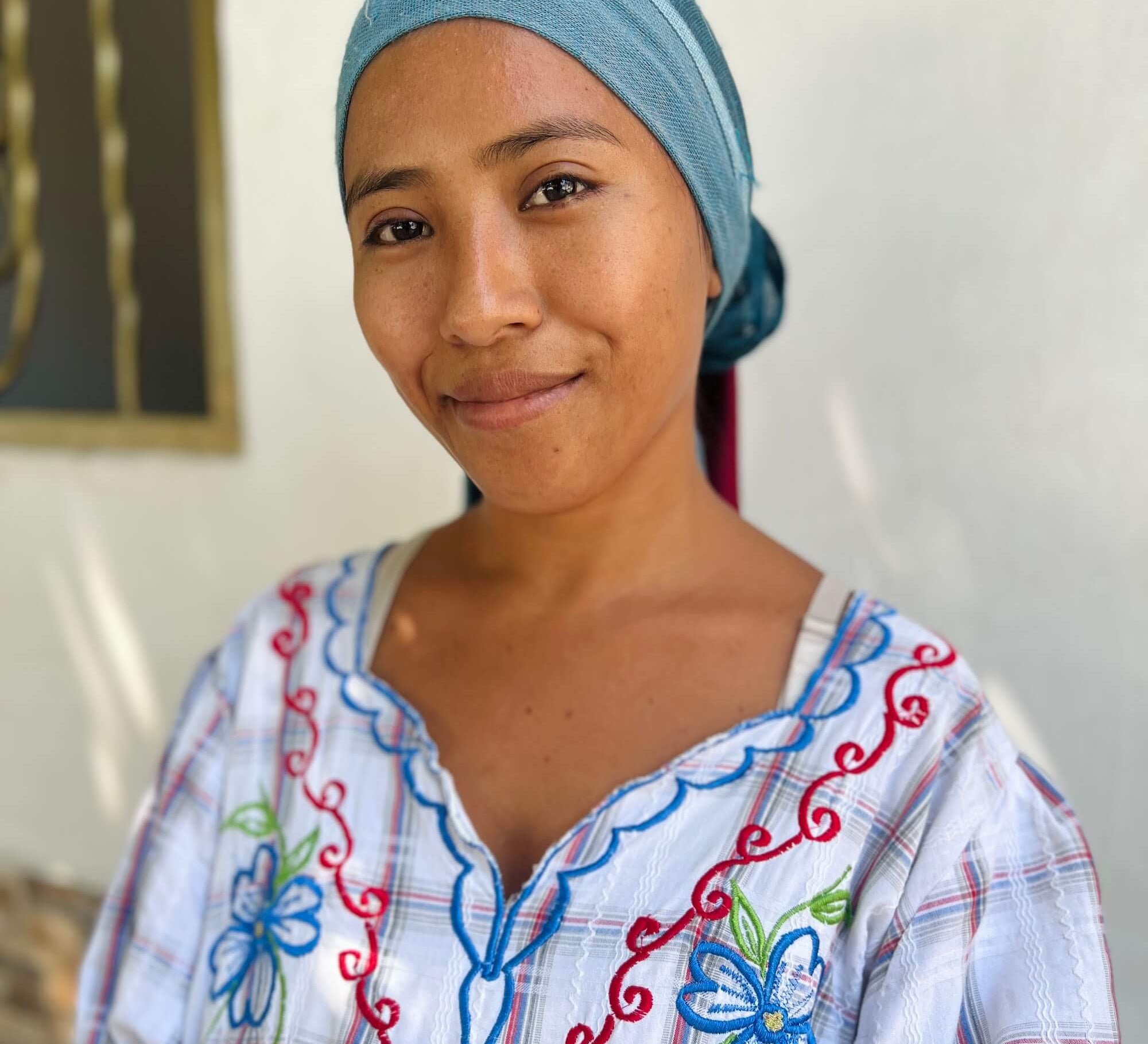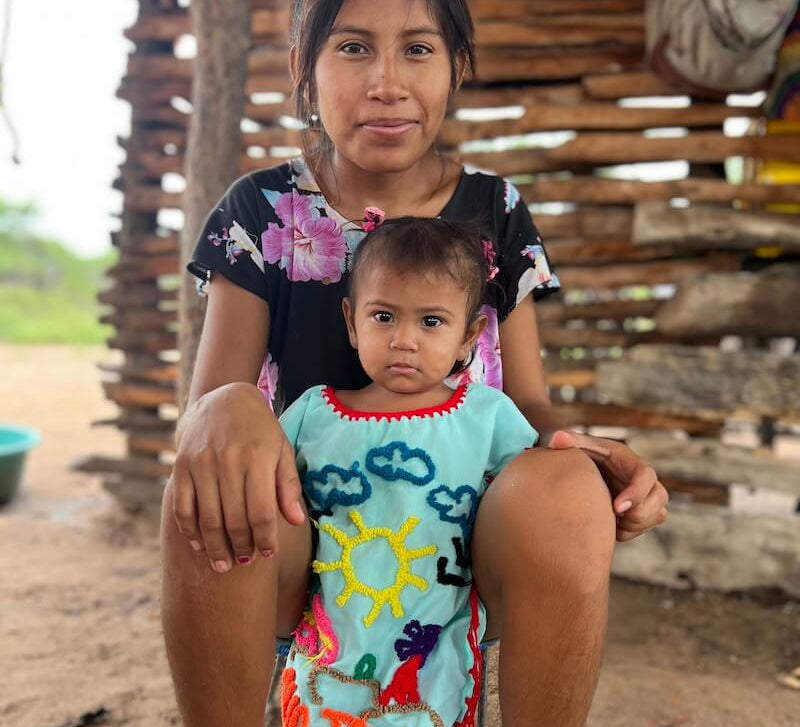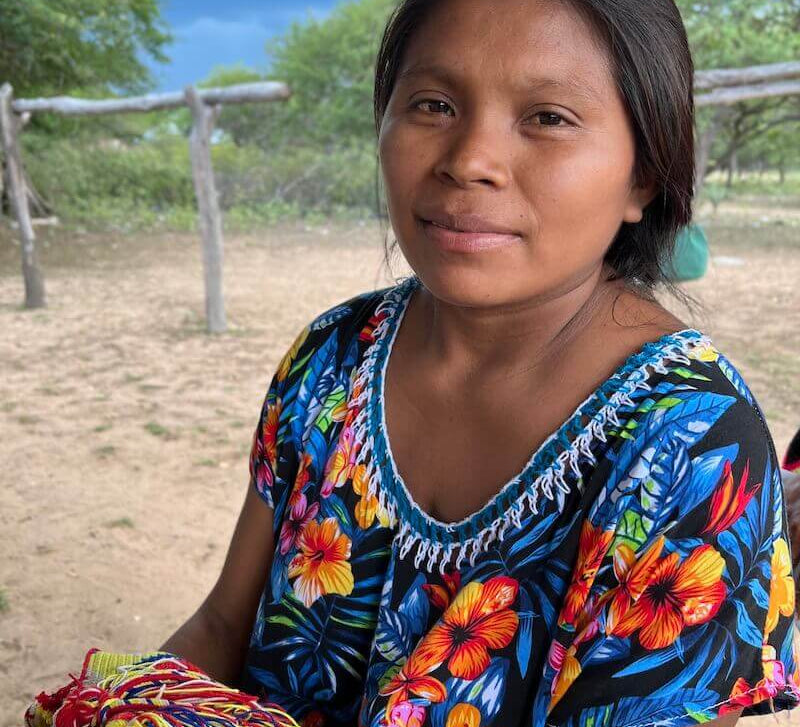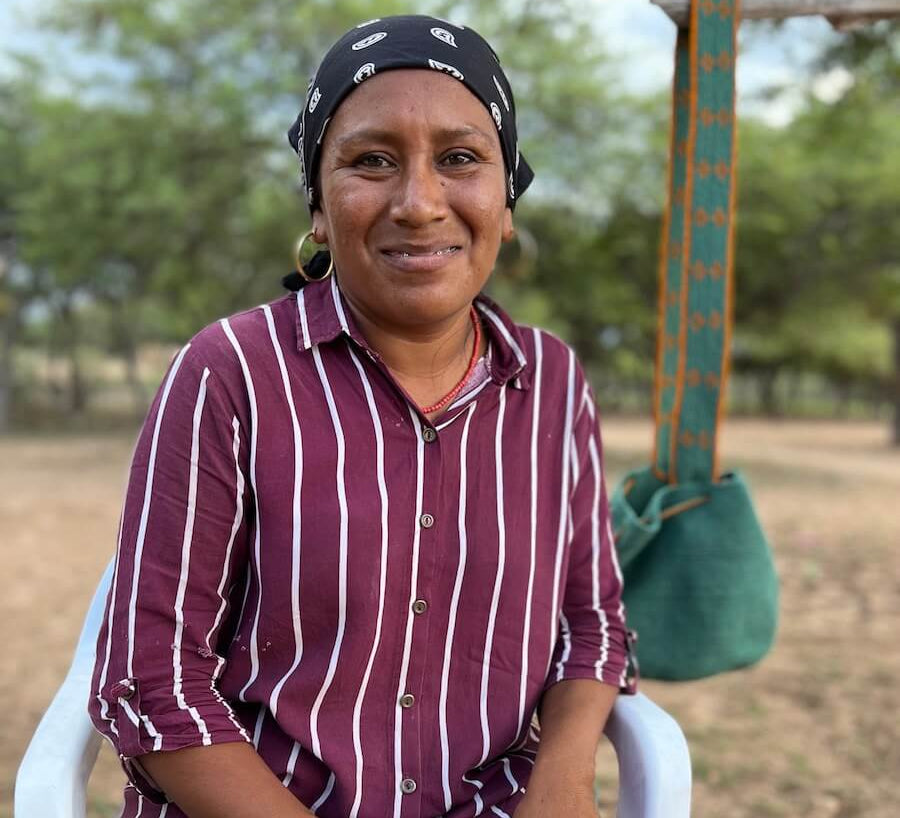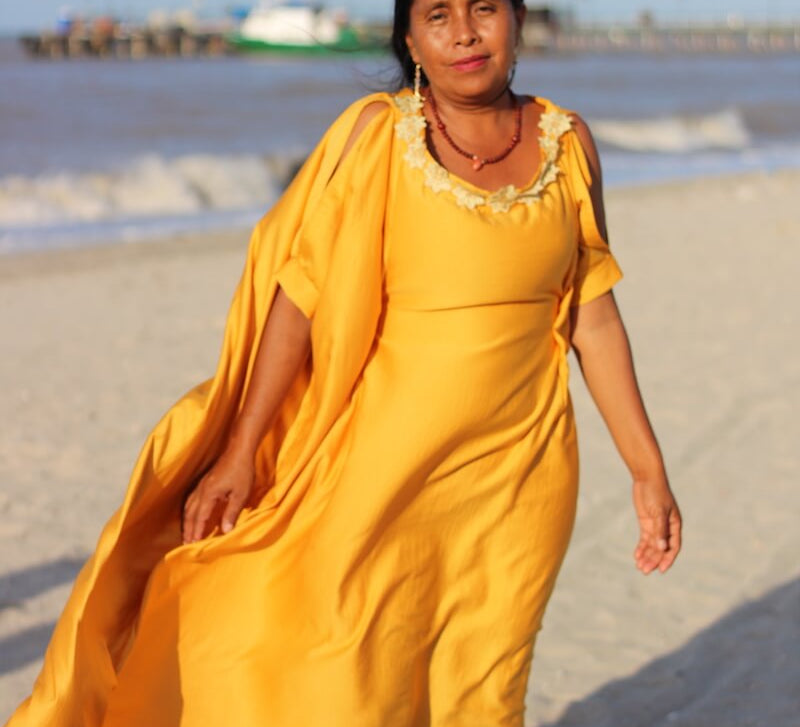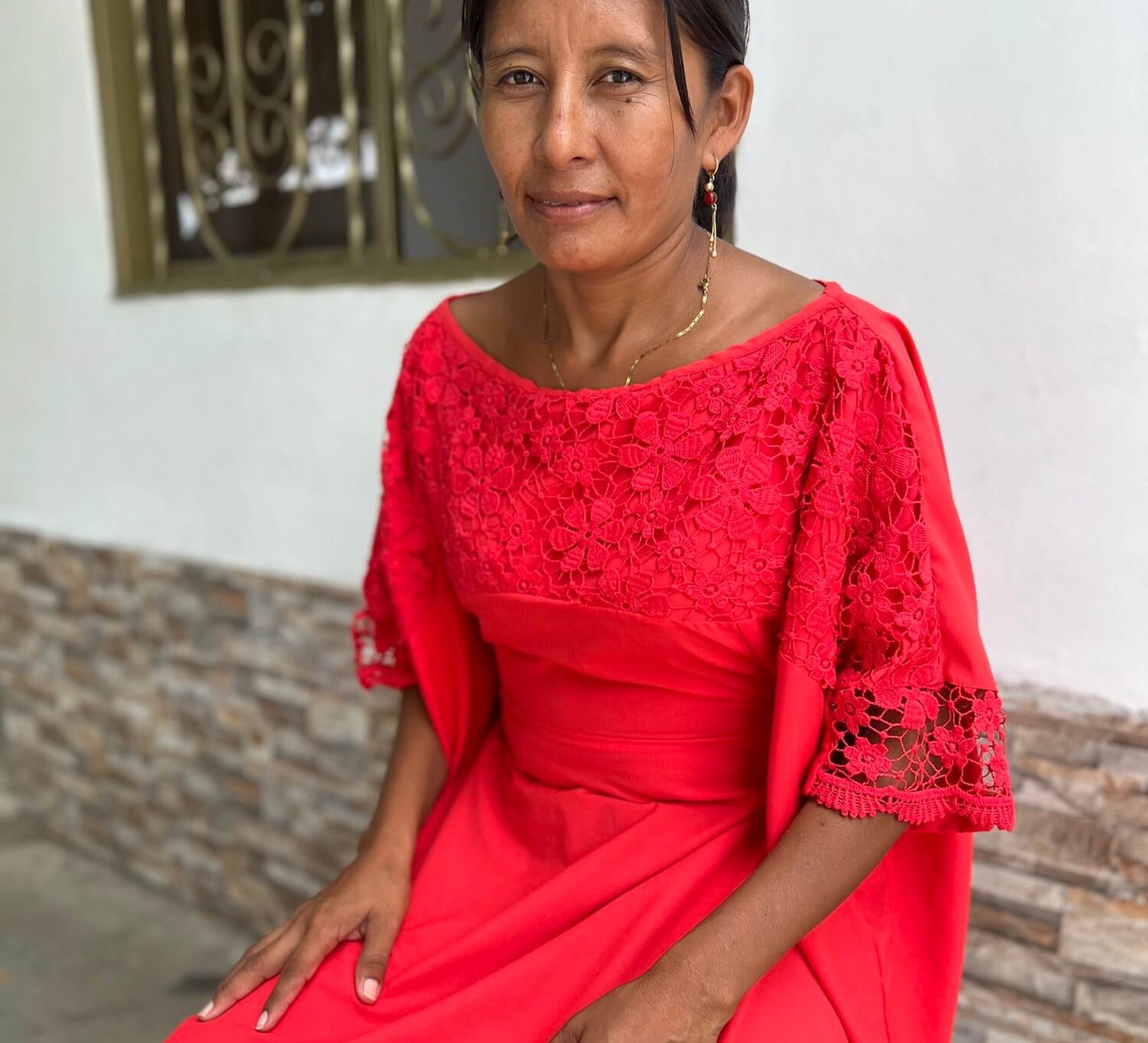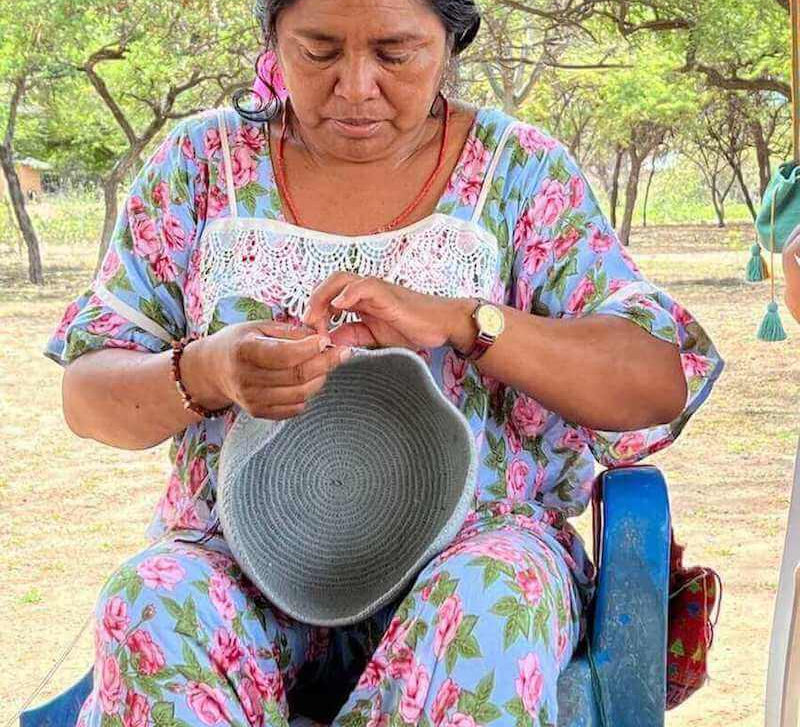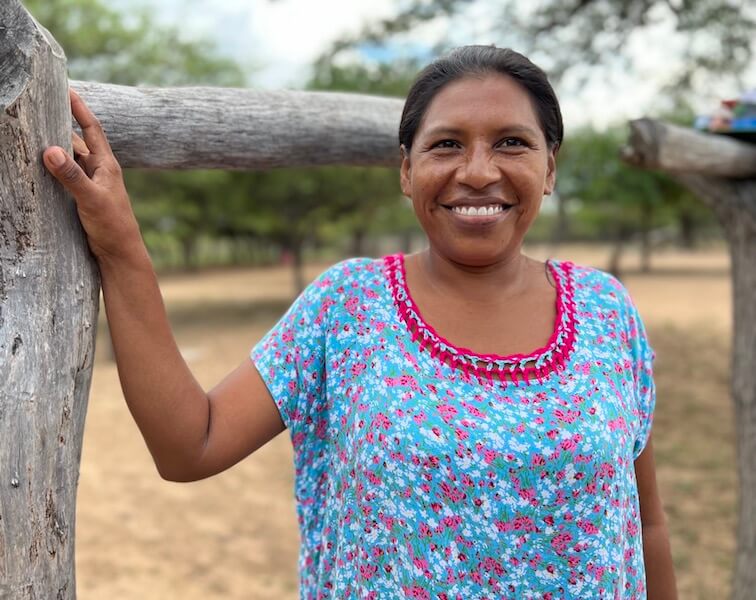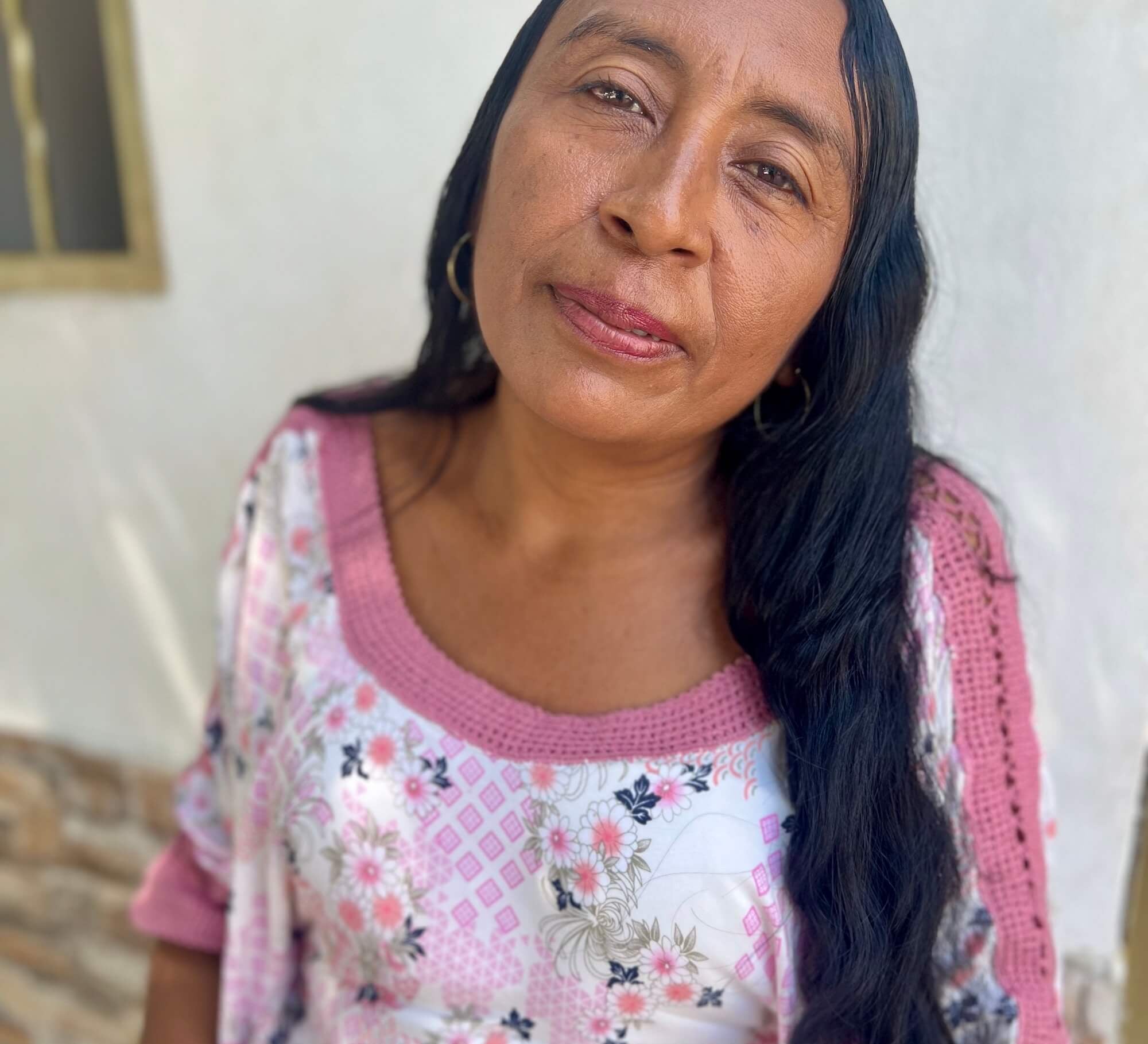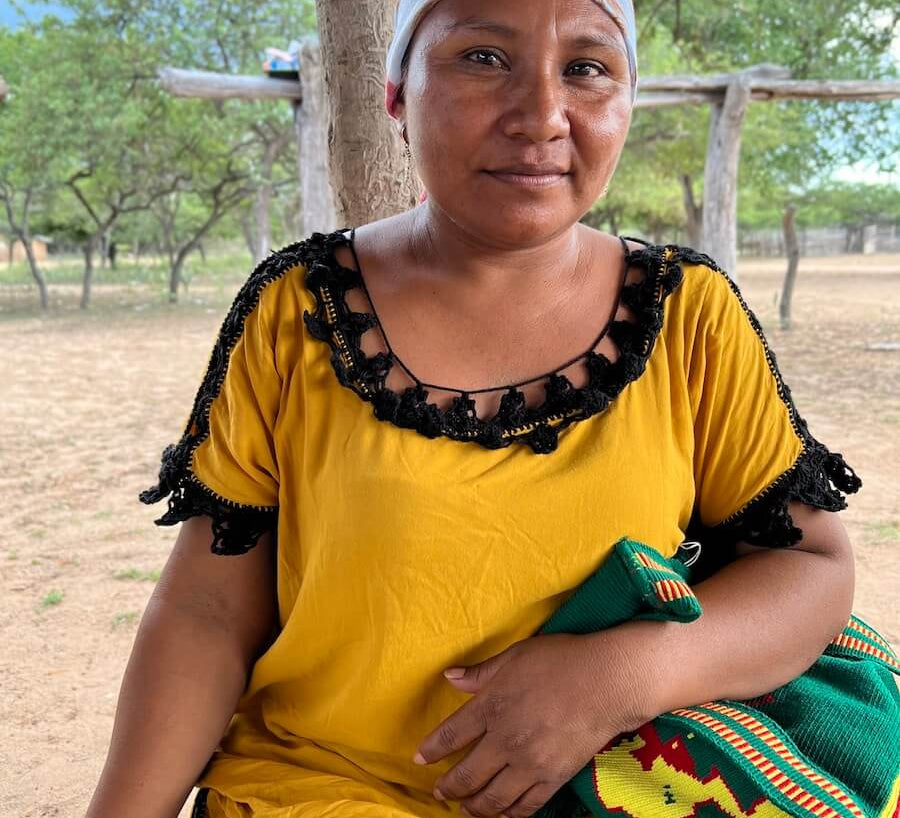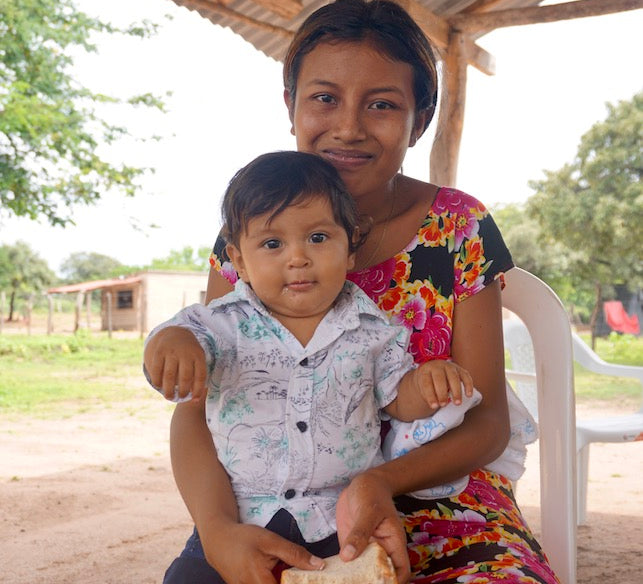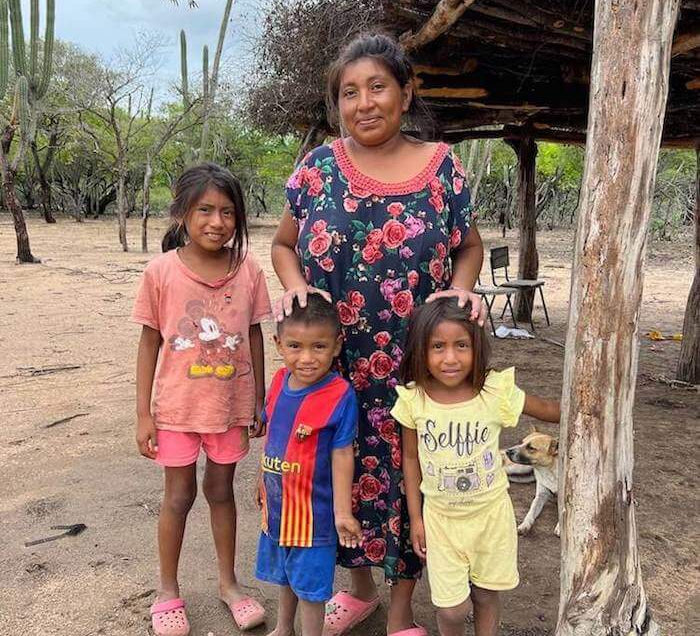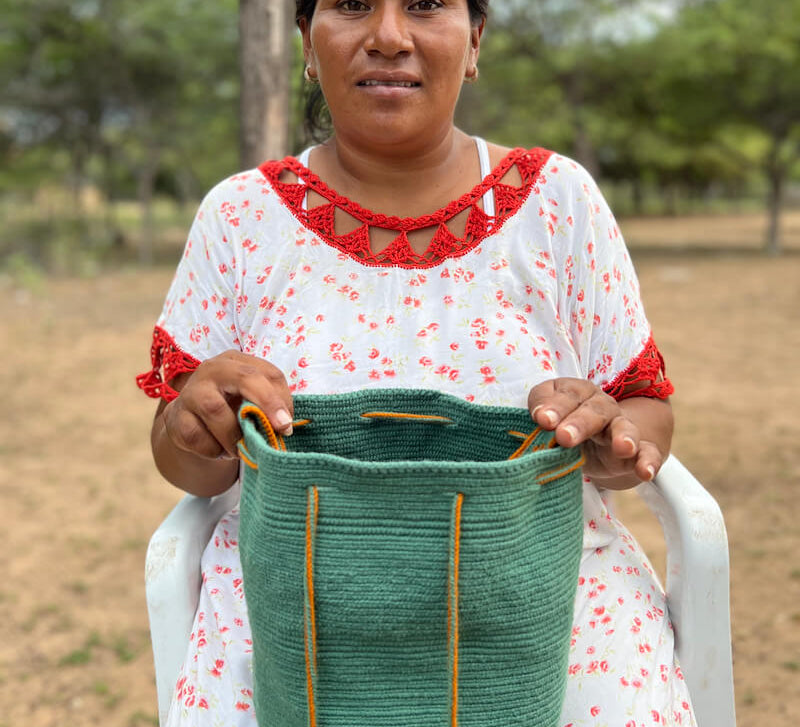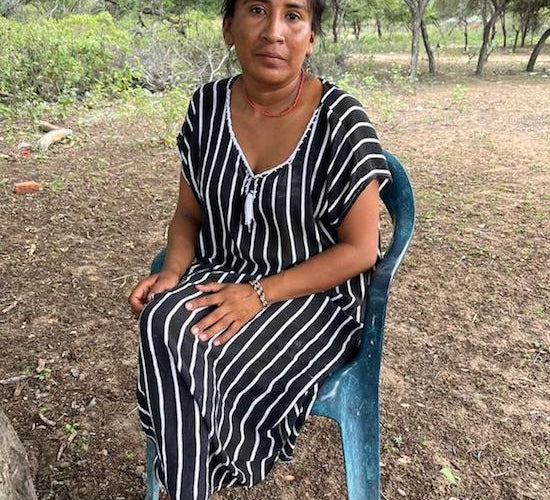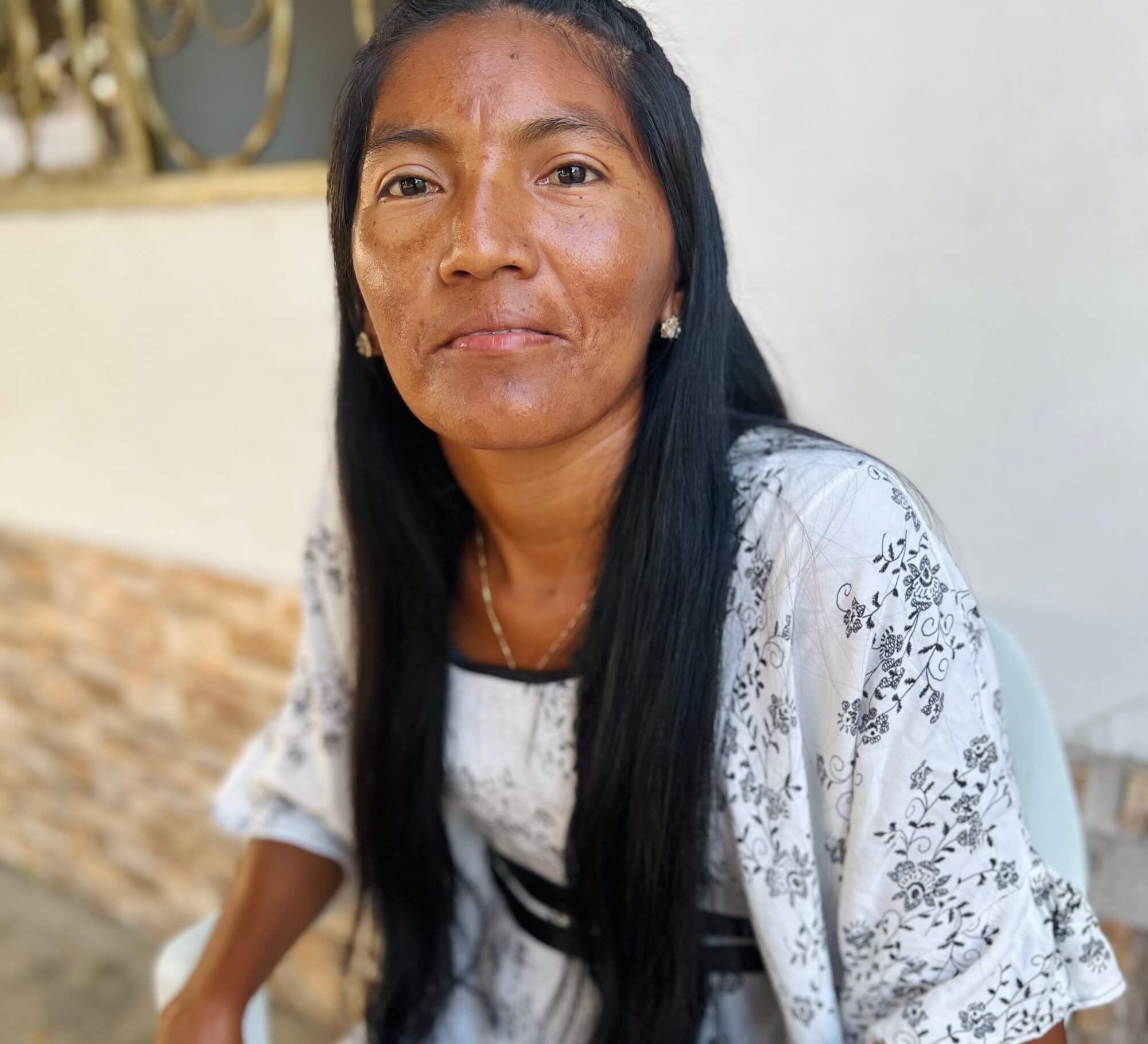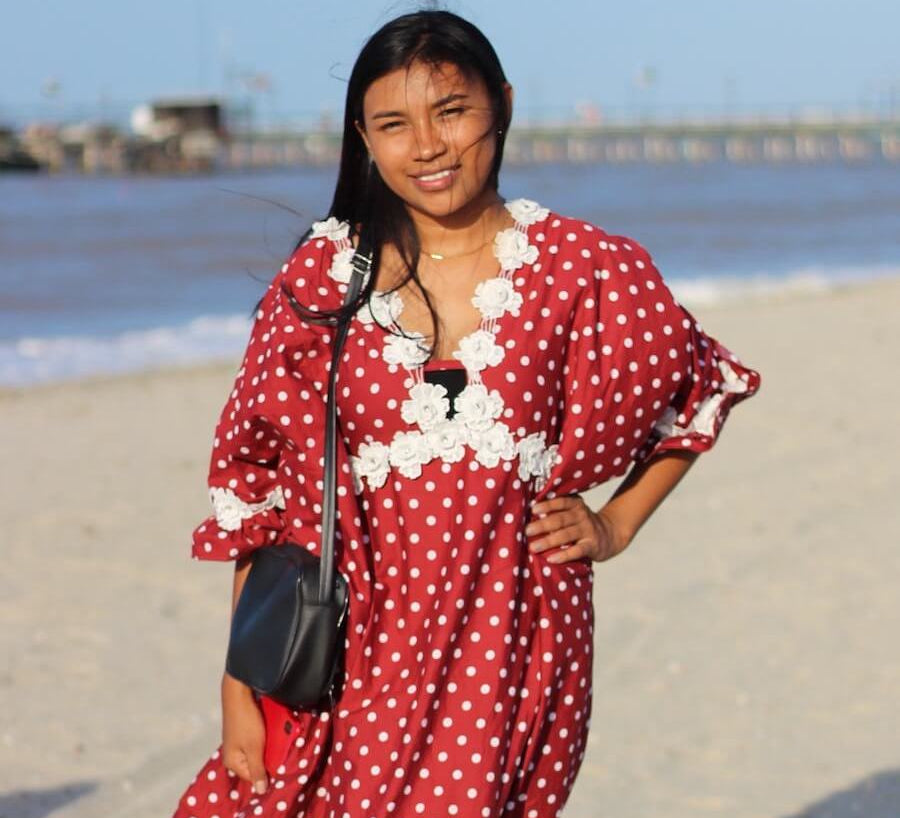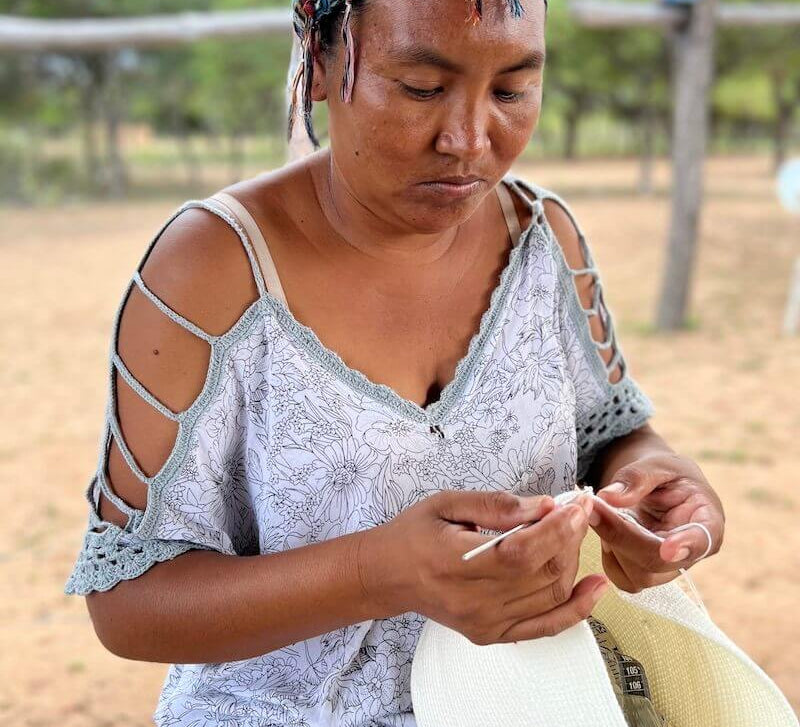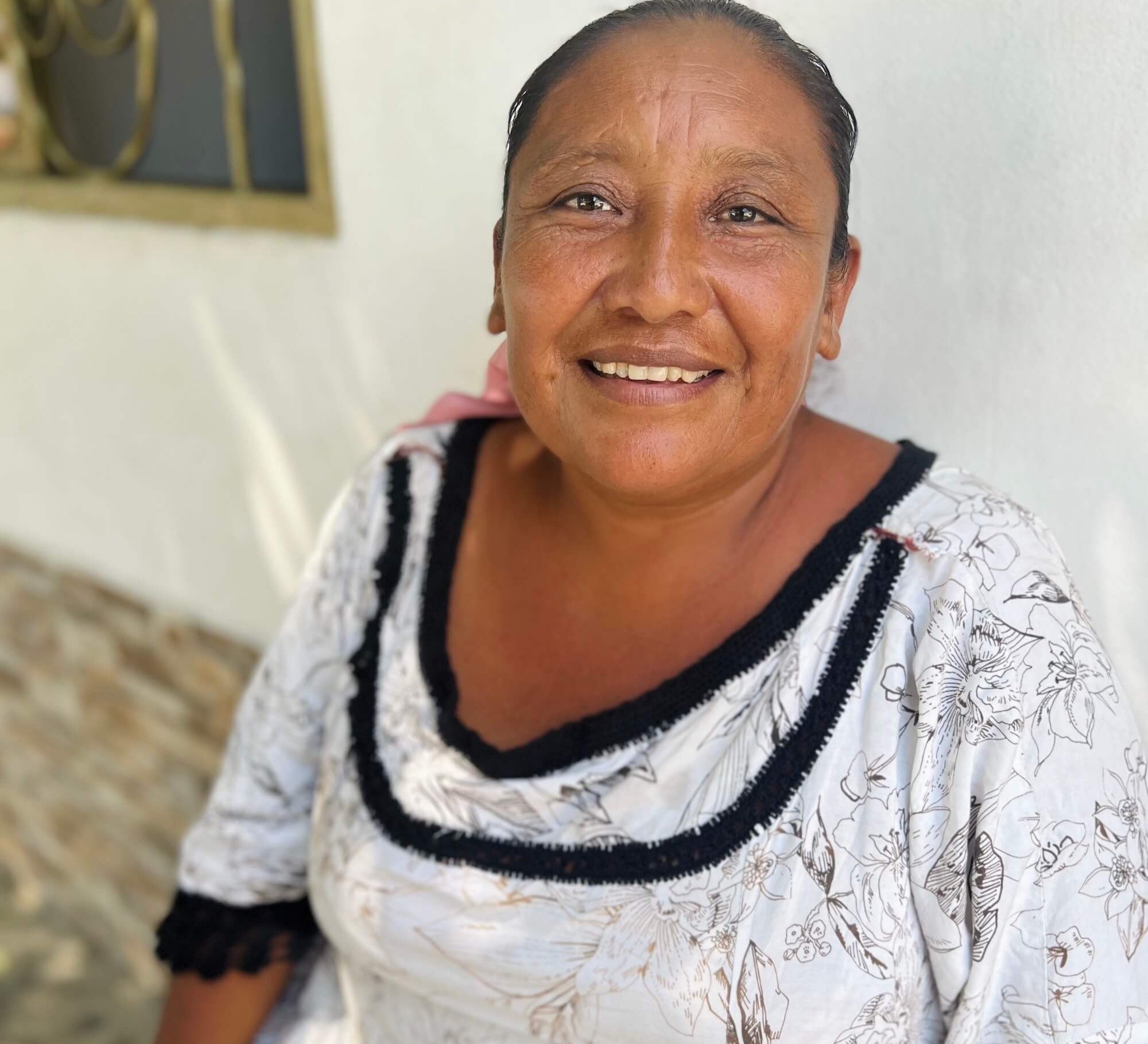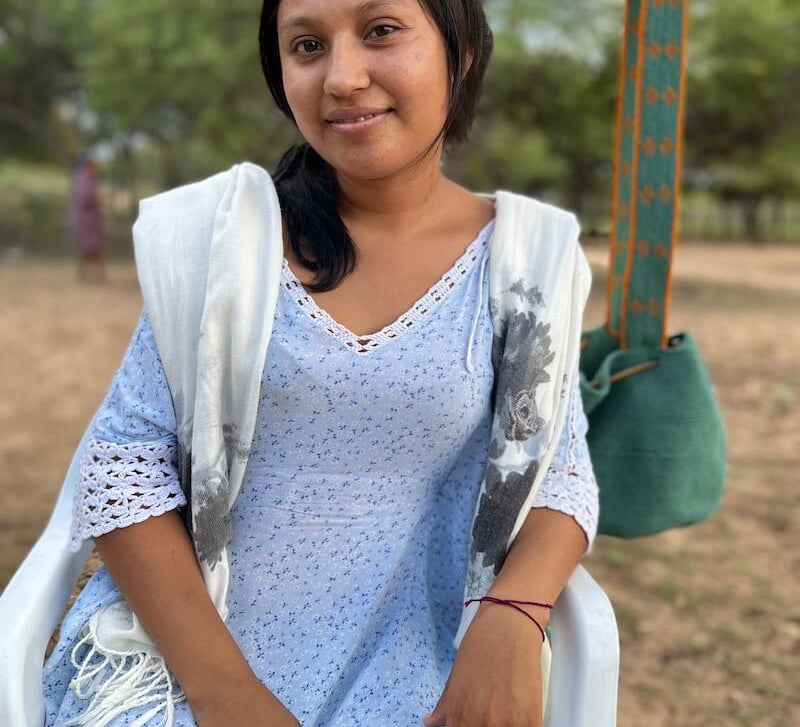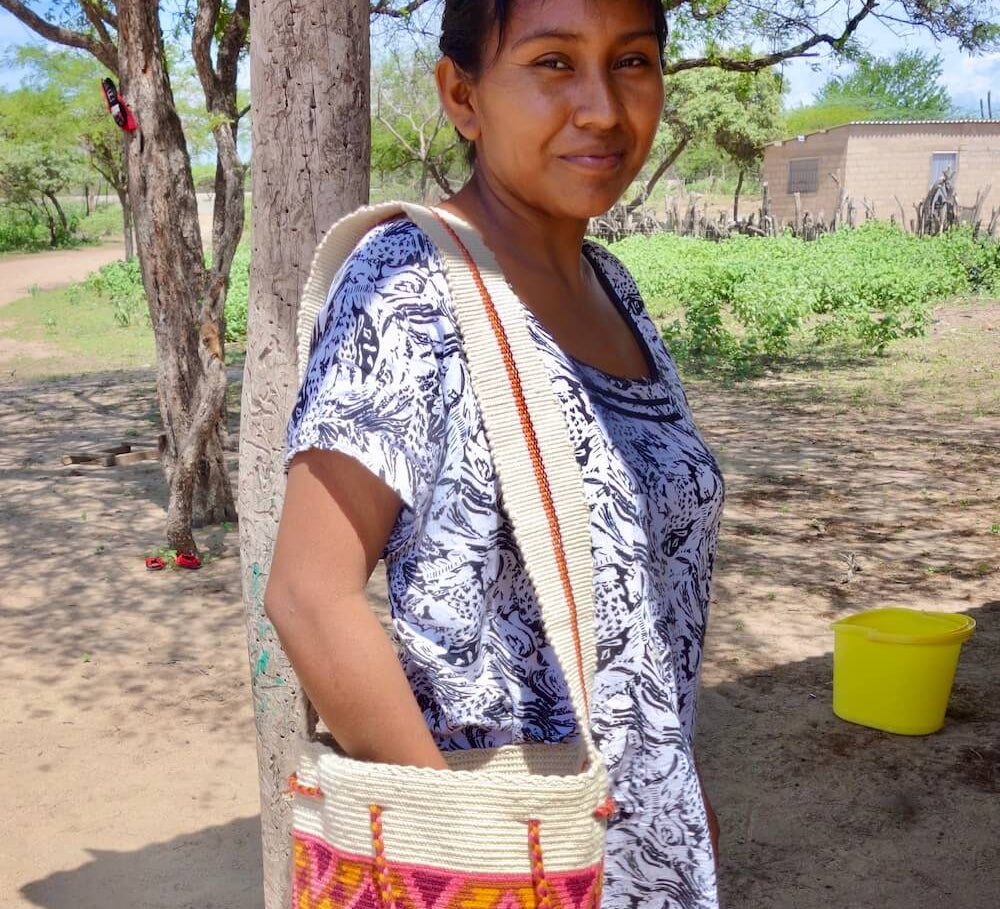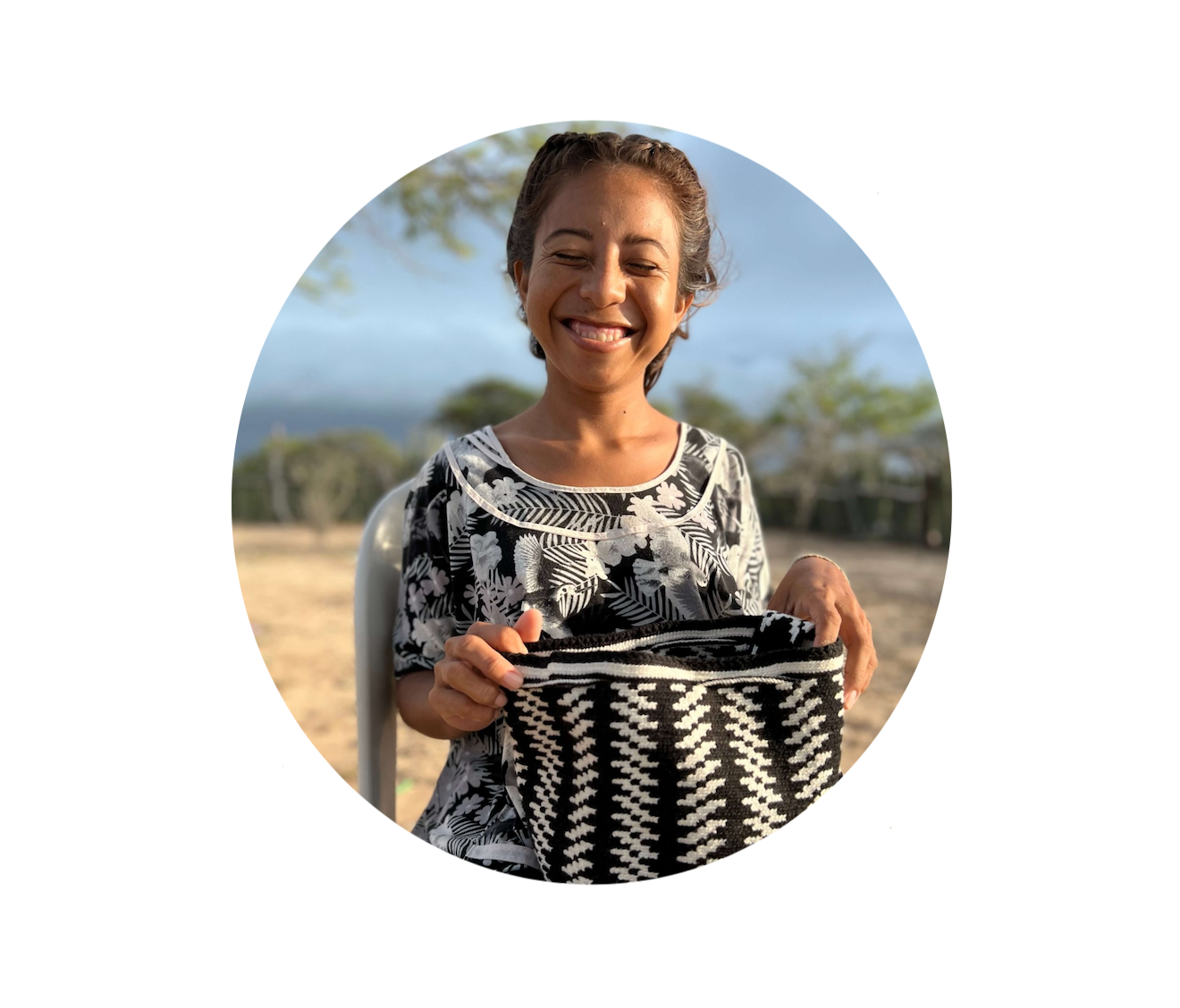Kululumana & Mouwasira
Kululumana and Mouwasira are neighboring rancherías with more than thirty families located alongside the Cerrejon railroad which transports millions of tons of coal annually. Three quarters of the women in these rancherías are the sole earners for their families, selling mochilas to buy necessities. There is no reliable source of electricity, and currently zero income earning opportunities outside of One Thread Collective.
Co-founder Jackie Gilbert regularly visited Kululumana during her field research in 2019 to learn about the impacts of the transport of coal on local Indigenous communities. Over time, Jackie got to know the women and the difficulties of day-to-day life in this small village where there are no consistent income earning opportunities to support basic food and water needs. When she asked what the community needed most in order to improve food and water security, the women said they needed a place to sell their mochilas as weaving was their only “marketable” skill. The Ipuana sisters of Kululumana asked Jackie to help provide a space to promote the sale of their art while giving credit to the artisan.
Jackie has now been working with Kululumana for five years, including four years together with One Thread Collective. We now provide consistent income and entrepreneurship opportunities for twenty-five women artisans from Kululumana.
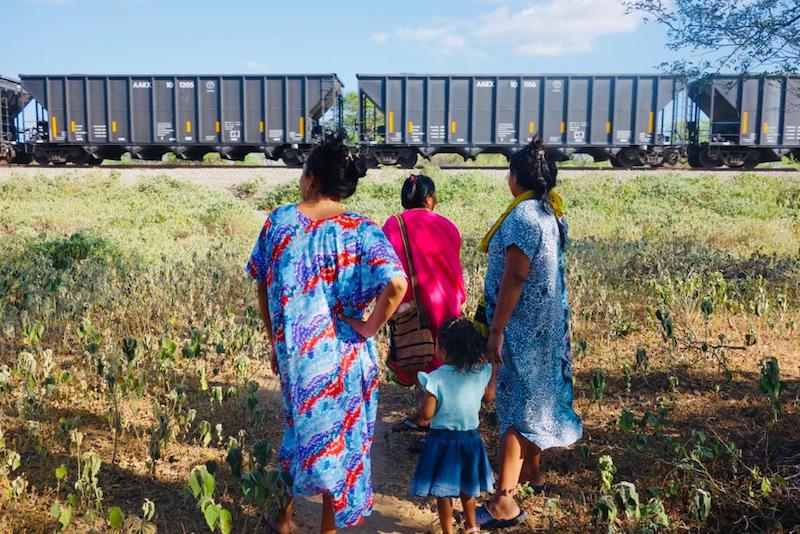
Life on the frontline of Latin America's largest coal mine
The Cerrejón railroad transports coal from Latin America’s largest coal mine to the port on the northern coast of the Guajira peninsula. Communities along the railroad suffer health impacts of coal particulates from the 100-car coal train that passes through the region a dozen times a day. The train also compromises the Wayúu’s pastoral tradition, as animals that roam freely are killed by the train on a daily basis.
As a result, hand woven mochilas are the primary source of income for the community.
